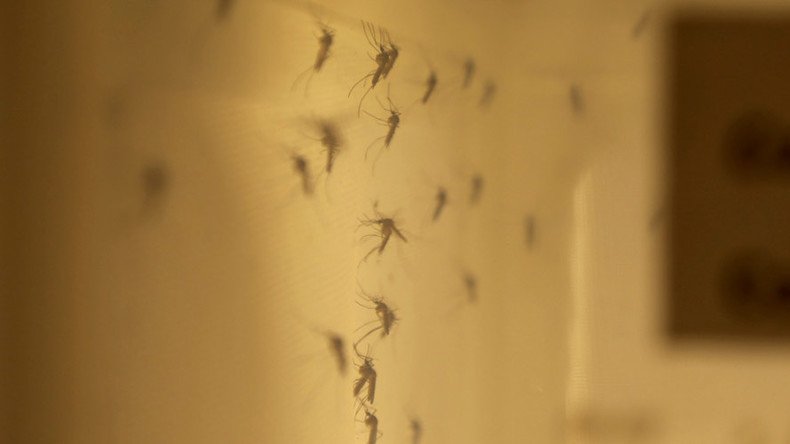Texas hospitals develop first rapid Zika detection test

Two hospitals in Houston, Texas, have developed a rapid test for the mosquito-borne Zika virus. This marks a milestone in the response to the disease, which causes babies to be born with smaller heads and brains than normal.
Pathologists at the hospitals – Texas Children’s Hospital and Houston Methodist Hospital – said in a Tuesday statement that the test will cut down the wait for results to only a few hours. Currently, doctors have to send blood samples to specialized labs available in only a handful of states or to the US Centers for Disease Control and Prevention (CDC) in Atlanta, Georgia, which can take up to weeks to process results.
The new tests can be performed using blood, amniotic fluid, urine or spinal fluid.
The tests will be performed only for the two hospitals’ patients, and won’t be available for individuals across the country.
"We want to avoid being faced with overwhelming demand from other hospitals," said James Versalovic, Texas Children’s Hospital’s pathologist-in-chief.
The Zika virus has been reported as being transmitted by mosquito bite in Puerto Rico and the US Virgin Islands, but in the continental United States cases have only been contracted by people traveling abroad, or by sexual contact with people who have traveled outside the US.
“With travel-associated cases of the Zika virus becoming more prevalent in the United States, coupled with the looming increase in mosquito exposure during spring and summer months, we must be prepared for a surge of Zika testing demand,” said Versalovic, who also leads the hospital’s Zika test development team. “We must provide answers for anxious moms-to-be and families who may experience signs and symptoms or may simply have travel history to endemic areas.”
Brazil currently has the most serious outbreak of the Zika virus, and thousands of babies of mothers with the disease have been born with a birth defect called microcephaly, which causes small heads and deformed brains. The virus has since spread to more than 30 countries throughout the world, most of them in the Western Hemisphere.
The World Health Organization and the CDC have recommended that pregnant women consult with their doctors before traveling to places with outbreaks of Zika and should consider delaying their travel.
However, concrete information about Zika remains scarce, and it’s only suspected that the disease actually causes microcephaly. There is currently no cure or vaccine for the disease.













